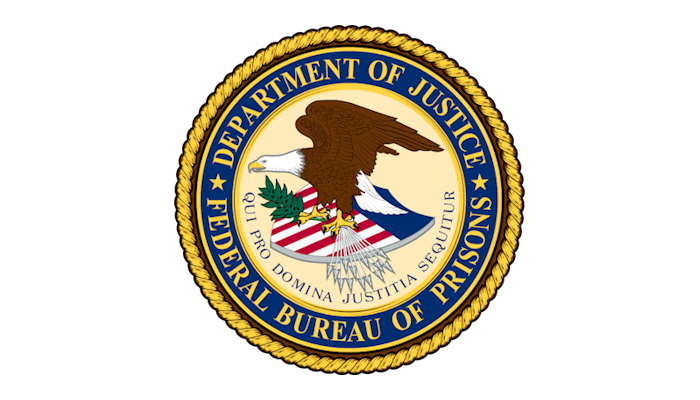With 2023 drawing to a close, the Federal Bureau of Prisons (BOP) completed its first full year under the leadership of Director Colette Peters. Peters replaced controversial director Michael Carvajal who took over leadership of the BOP just as COVID-19 ripped across the country and brutally attacked prison populations across the country. Peters, who promised a more humane approach to prisoner care stating, “Our job is not to make good inmates. It’s to make good neighbors.” With that promise, challenges remain.
The BOP has huge responsibilities in the care and feeding of over 150,000 prisoners in its care and over 36,000 staff. It has an $8.7 billion annual budget and houses some of the most infamous criminals in the United States. It also houses nearly 50,000 inmates who are low and minimum security prisoners, many of whom are eligible for earlier release due to the First Step Act, a 2018 law that can decrease a sentence term by up to a year and potentially increase the amount of time the prisoner spends in community confinement.
Attorney General Merrick Garland noted Director Peters’ goals of “… leading the BOP through agency-wide reform, with an emphasis on accountability, integrity, respect, compassion, and correctional excellence.” Director Peters met a number of those goals during 2023 but many challenges also remain for the upcoming year.
The most success the BOP has had in any single program in its history was the implementation of the CARES Act, which sent nearly 50,000 prisoners, many minimum security with health issues, to home confinement during the pandemic. The pandemic ushered in an era of adjusting many aspects of our lives. We worked from home, we ordered more from on-line retailers and Zoom took the place of many meetings that would normally have required travel. In corrections, we realized that our prisons were too crowded and that many prisoners could serve their sentences outside of expensive institutions. Of the nearly 50,000 prisoners released, 99% completed their sentence on home confinement with no violations. The BOP should be commended for the many people it identified as candidates for home confinement. The CARES Act came to an end in April 2023 but studies of the successes of the program at the BOP will surely be a guide for alternative forms of incarceration.
The First Step Act was more fully implemented under Peters during 2023. Since the Federal Register issued its final rule in January 2022, the BOP had a number of missteps in trying to get prisoners to take full advantage of the programs and its incentives. The First Step Act allowed mostly minimum and low security prisoners the ability to earn up to 15 days per month off of their sentence (capped at 365 days) by participating in certain programs and productive activities. During 2022 and 2023, some prisoners received too many credits and some none at all. The errors occurred due to the BOP’s early interpretation of the law and also computer challenges to programming the sentence computations of thousands. As 2023 draws to a close, the BOP’s calculations have improved and many prisoners now have a better idea of when they will be allowed to rejoin society. While not perfect, the BOP ends 2023 in better shape on the First Step Act than it did last year.
You can read the full article at Forbes.

